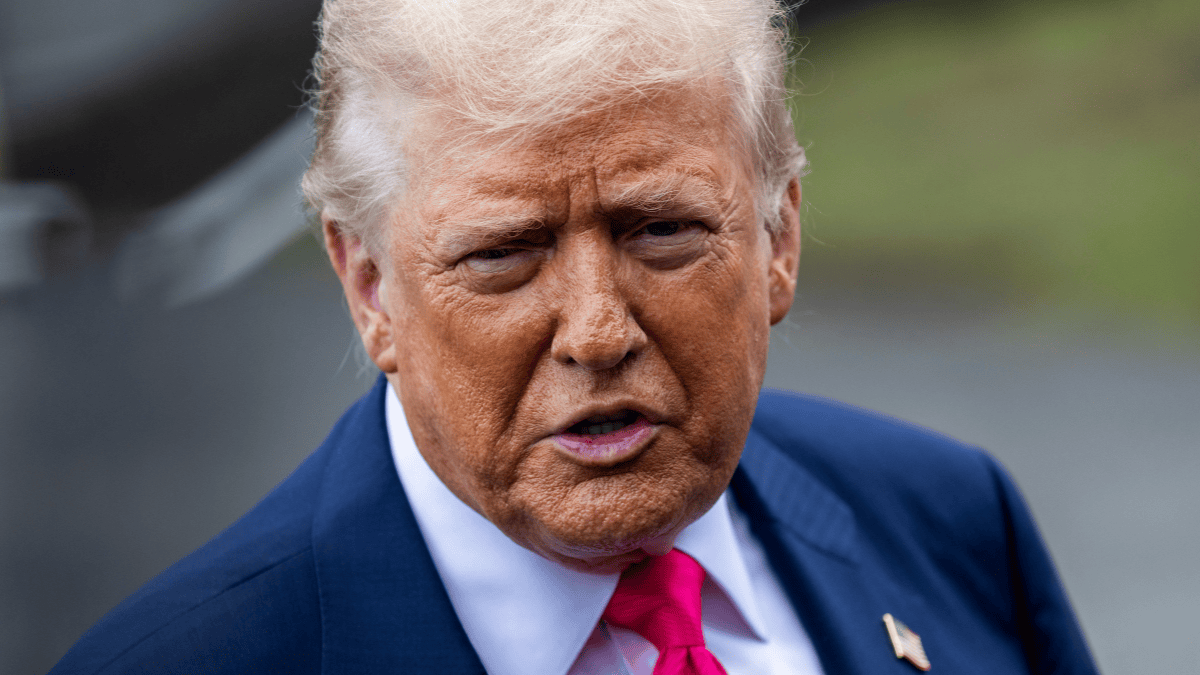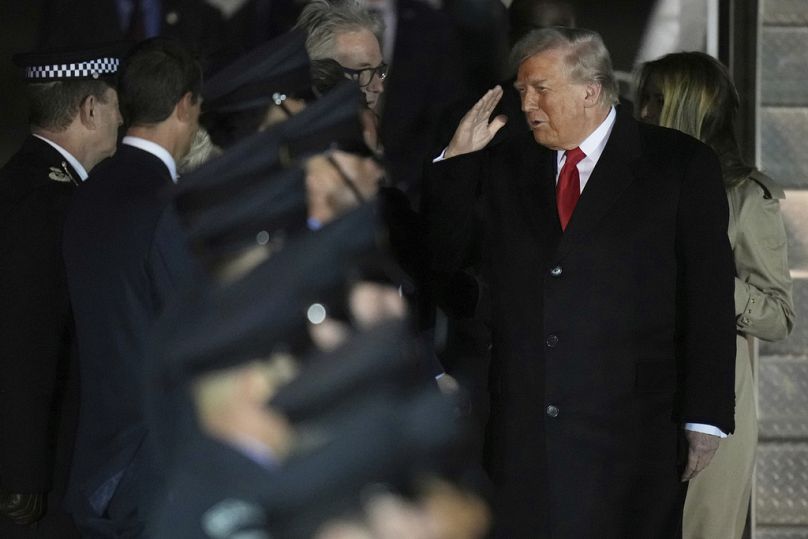
The One Big Beautiful Bill Act (OBBBA) , signed into law by President Donald Trump on July 4, 2025, is being hailed as a transformative piece of fiscal legislation. This act seeks to make permanent many of the tax cuts introduced in the 2017 Tax Cuts and Jobs Act, while also introducing new deductions and reducing federal spending. However, critics have raised concerns about the potential for a significant increase in the national debt, projected to rise by $3.4 to $5.0 trillion over the next decade.
One of the most notable changes introduced by the OBBBA is the elimination of unlimited borrowing for graduate students, effective July 1, 2026. The act removes subsidized loans for graduate students and Direct PLUS Loans for graduate or professional students. New borrowing limits have been set, with master's students capped at $20,500 annually and $100,000 lifetime, and professional degrees capped at $50,000 annually and $200,000 lifetime.
The OBBBA also introduces a total lifetime borrowing cap of $257,500 for all federal student loans. This measure is aimed at curbing excessive debt among students pursuing advanced degrees. While proponents argue that these changes will help manage debt more effectively, critics warn that they may deter enrollment in advanced degrees, particularly for low-income students who lack access to federal or institutional aid.
In addition to changes in borrowing limits, the OBBBA consolidates federal student loan repayment plans into two options for new borrowers starting July 1, 2026. Borrowers can choose between a standard plan with fixed payments and a Repayment Assistance Plan (RAP) based on income. RAP payments range from 1% to 10% of adjusted gross income, with a minimum monthly payment of $10, and the repayment term extends to 30 years.
Experts express concern that the new loan limits and repayment plans may lead to an increase in defaults. The required minimum payment and increased payments for low-income borrowers could result in financial strain, leading to higher default rates. Additionally, confusion and anxiety among borrowers are rising due to changes and delays in processing income-based repayment plan applications.
Refinancing federal loans with private lenders is another consideration for borrowers, as it results in the loss of federal benefits such as access to loan forgiveness programs, income-based repayment plans, and interest-free deferments. Borrowers must carefully weigh the benefits and drawbacks of refinancing, considering the long-term implications on their financial health.
Supporters of the OBBBA, including the Trump administration and conservatives, argue that these changes represent a strategic and compassionate approach to addressing the student loan crisis. They emphasize the importance of borrowers fulfilling their repayment agreements, especially after extended payment pauses, and view the simplification of the loan program as a way to better position borrowers to manage their debts effectively.
While the OBBBA introduces significant changes to federal student loans, impacting borrowing limits and repayment plans, it remains a topic of debate. Proponents argue for the benefits of simplification and debt management, while critics highlight potential negative impacts on access to advanced education and increased defaults. Understanding these changes is crucial for students and families navigating the evolving landscape of higher education financing.







0 komentar:
Posting Komentar